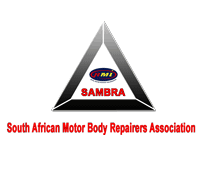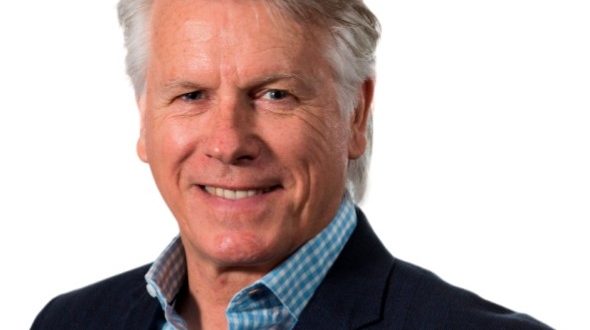Autobody repair workshops are continuing to experience tough times as they try and recover from the hard COVID-19 lockdowns, while the future looks bleak too.
“The recovery is slow but fortunately there have been only limited business failures so far,” said Richard Green, the Director of the SA Motor Body Repair Association (SAMBRA), which represents about 75 per cent of the autobody repair shops in the country. He was speaking on a workshop stream programme at the recent Hypermobility 2020 virtual conference, which was organised by Messe Frankfurt SA, endorsed by naamsa, in association AutoTrader.

Green said the slow recovery is partially due to the fact that there are less incidents involving vehicles because there are far fewer of them on the road as people drive far fewer kilometres than pre-pandemic, while and the shortage of personal finance means that some owners take the damaged vehicles to “backyard workshops” rather than getting the repair done at an accredited repairer.
“Only about 30% of the registered vehicles on South Africa’s roads are comprehensively insured and they provide a substantial volume of work that goes to accredited body shops, but these people are also driving less on less congested roads,” explained Green.
“What we urgently need to make our business viable and sustainable is an increase in the labour rate, particularly as we now have to deal with some of the insurers buying replacement parts themselves. This means that the panel shops do not get a share of the parts spend, which makes finances even more difficult to balance. Some of the insurers have even tried to run their own repair shops, but all these ventures have proved dismal failures.”
“We, at SAMBRA, are very aware of the need for transformation in our industry and believe the best way forward to encourage growth in the ownership of body shops by previously disadvantaged groups is to have more collaboration between the industry and the various business partners.
“One aspect of the industry where we are expecting progress is in the certification of assessors – a qualification sorely needed.
“However, on the other side of the coin we are extremely disappointed at the way in which insurance companies are writing off ‘uneconomical to repair’ vehicles at 50 percent of their value instead of the previous 75 percent.
“Not only does this take major repair work away from authorised repairers, but these vehicles are then auctioned off and later find their way back onto the road, often through fraudulent dealings. They are often unroadworthy and not repaired to manufacturers’ standards before being sold to unsuspecting customers. This situation requires urgent attention from the relevant authorities.”
 ..:: AUTO REPORT AFRICA ::..
..:: AUTO REPORT AFRICA ::..





